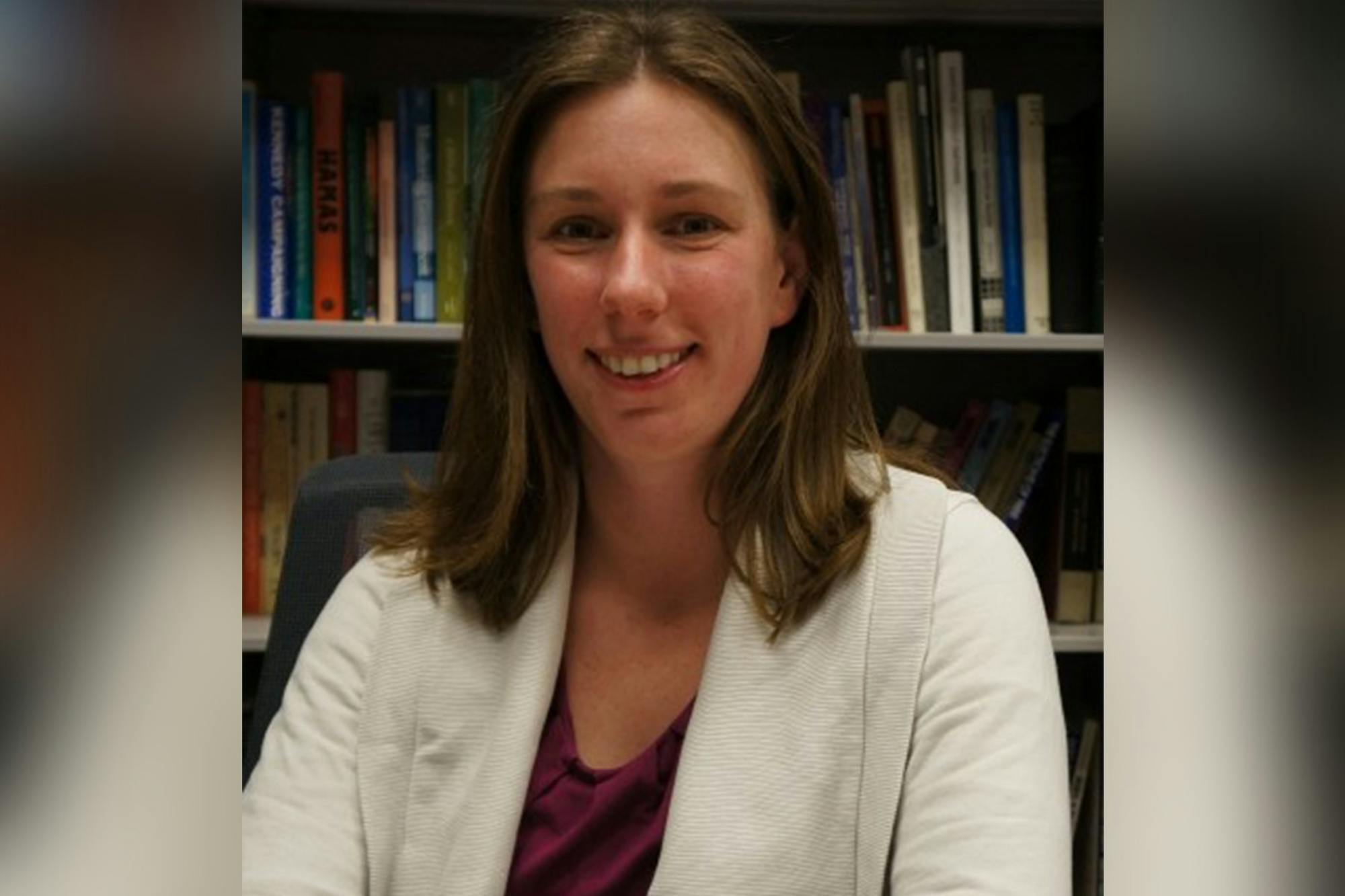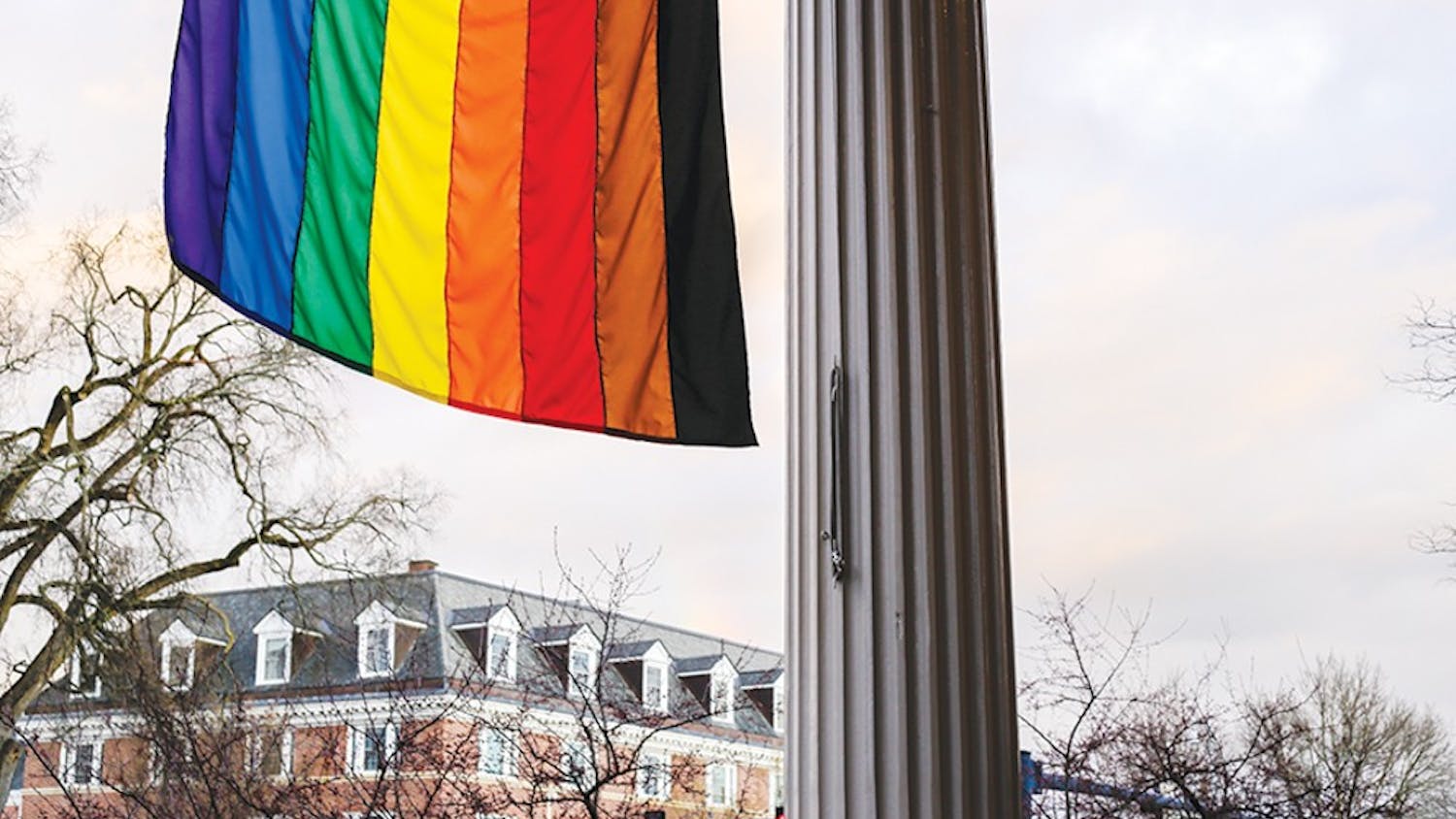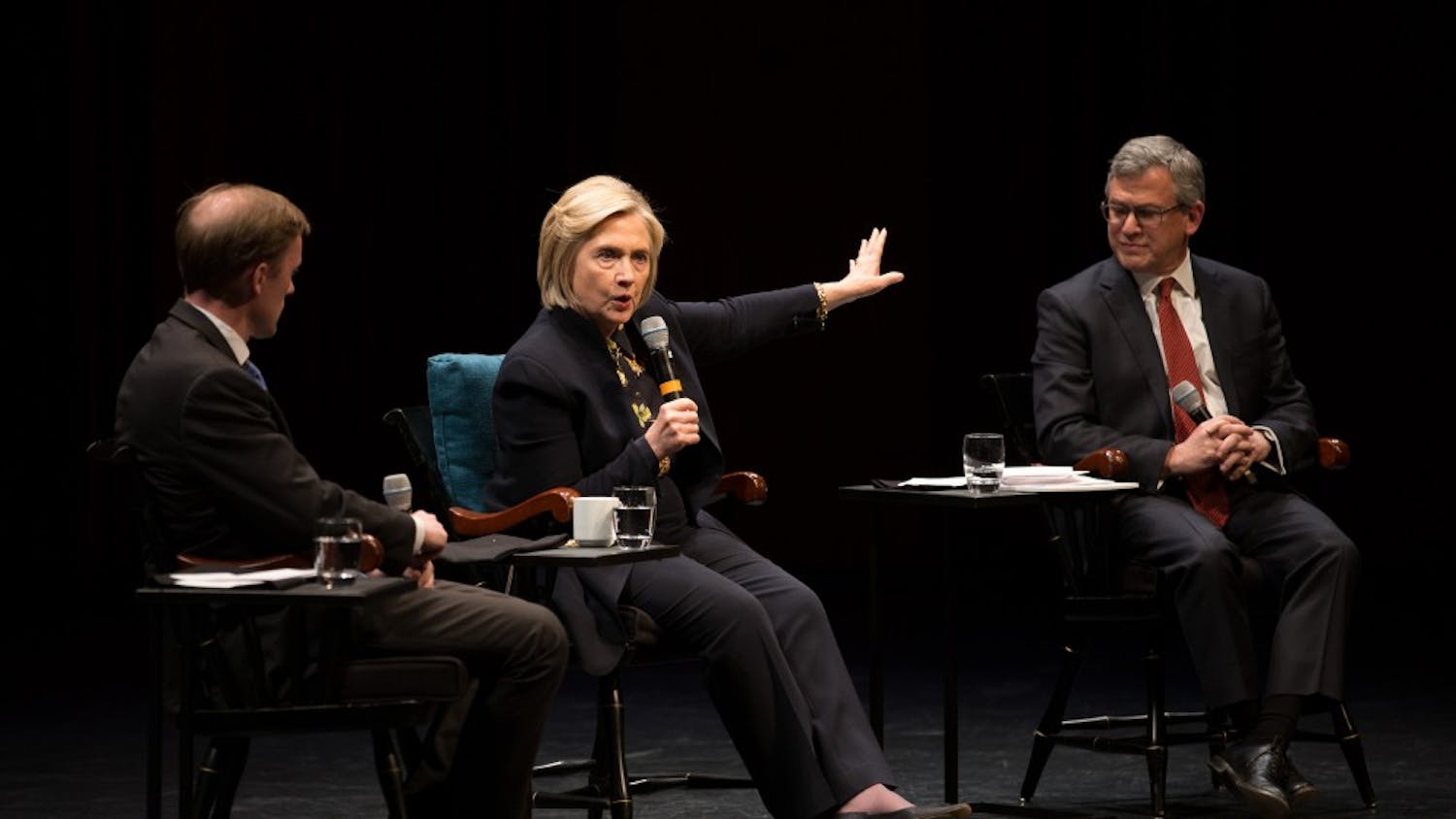Among modern world leaders, women are still few and far between. Just 50 years ago, the world saw its first female prime minister — Sirimavo Bandaranaike of Sri Lanka. As of today, there are still only 23 female government heads.
But with more women being elected to positions of power, like Vice President Kamala Harris, what could this mean for the landscape of international relations? This Women’s History Month, The Dartmouth sat down (virtually) with government professor Kathleen Powers to talk about feminism in international relations, and what we know and don’t know about gender differences in world conflict.
How would you describe understandings of gender in international relations throughout the field’s history?
KP: It is certainly the case that we tend to associate leadership in international politics — and by leadership I mean heads of states and foreign ministers — as being something dominated by men, at least from the 20th century and beyond. It’s also the case that we tend to associate men with the practice of international conflicts, as the people who tend to go to war more often engage in direct combat. International relations scholars basically reflected that dynamic for a lot of the 20th century, where you saw it was primarily dominated by male scholars. They were primarily people coming from a more masculine perspective in describing power politics and why states want to dominate each other or maintain territorial integrity as a form of security.
How have you seen the international sphere changing?
KP: From a scholarly perspective, really brilliant women like feminist IR theorist Ann Tickner came in and said, “We need to take a feminist perspective in order to understand actual key things about international politics that we've been missing.” One of the insights that she shared early on was this idea that men are the ones who are responsible for international conflict and the ones who are fighting on the frontlines, but women also play a role in that. They take care of the home. They help make the tools of war. They do all these things, helping produce international conflicts. They’re not actually separate from it — they’re not taking place outside of international politics. Similarly, we’ve seen an increasing number of women as heads of state, which means that increasingly more and more women are responsible for the policymaking process and decisions about peace.
There have been some headlines in the news recently about how countries led by women might handle crises better than men. Is there research that supports this claim?
KP: I don’t deal with gender directly; I deal with values, a lot of which plays into potential gender or sex-based differences. One of the most persistent patterns that you can find in public opinion data is that men are more likely to support conflict than women. They call it the “gender gap” — and when they say “gender,” it’s almost always talking about binary. This is a long line of research, so people haven’t really unpacked the gender spectrum. At the same time, when we try to scale that up to leaders and their propensity to engage in conflict, we don’t see actual consistent evidence for differences. We don’t actually have solid evidence to suggest that foreign policy behavior changes just because women are in office. With respect to COVID-19 stuff, the people who analyze that data more carefully have suggested that actually, we’re not really seeing differences that we could attribute to the fact that it’s women in power. They’re differences that have to do with the culture of the states and things like that, so it’s one of the things that we’re actually not so certain about when we talk about scaling up.
In your GOVT 5, “International Politics” syllabus, you have a lesson called “Feminist International Relations.” What is your reasoning behind dedicating a lesson to this topic?
KP: Anytime I’m teaching something like GOVT 5, I’m trying to give the broadest scope of the field that I can to students — a comprehensive look so that people can decide for themselves what’s interesting. When it comes to including the feminist stuff in my syllabus, it’s actually the case that when I first started teaching this type of course, I was a graduate student and I hadn’t had any exposure to feminist IR. It wasn’t something that I learned about as an undergrad, and it wasn’t something I learned about in my graduate school courses. But there was a little snippet in a textbook that I was teaching from, and so initially, I didn’t really talk about it much, and then I would add short mini-lectures on feminist IR. Every single time, students were super into it. So it started increasing my own engagement with that literature, as well as increasing the degree to which I taught it because it seemed to be something that sparked a lot of interest.
Do you have a favorite woman leader in history? Why?
KP: I suppose it’s a bit of a cop-out because this is not unusual, but I find German Chancellor Angela Merkel to be a fascinating, competent leader. It might be that she shares a love for the academy, which always strikes me as incredibly reasonable and incredibly thoughtful, but she is just an incredibly competent leader who’s dealt with quite a number of major crises on the continent. She’s been dexterous and nimble in the way she has responded to and dealt with issues like electoral power and domestic challenges with respect to the Greek debt crisis, and she’s really been consistently solid on a lot of the foreign policy crises that she’s dealt with.
This interview has been edited and condensed for clarity and length.




